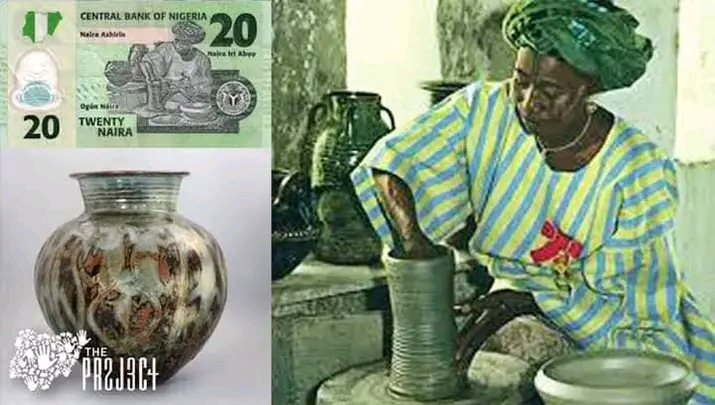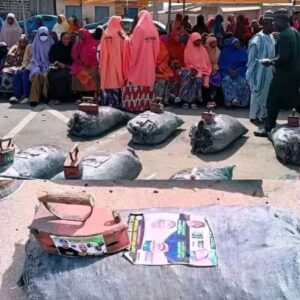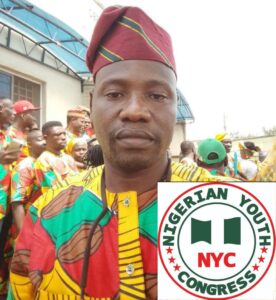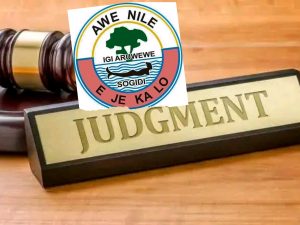By:|SEGUN AKINLABI|

Ladi Kwali OON, MBE (1925– 1984, Aged: 58–59) was a Nigerian potter, ceramicist, and educator best remembered as the pioneer of modern pottery in Nigeria.
The twenty naira note is one of the most used naira denominations in Nigeria, mostly by the low class. Although its value is worth petty things such as sachet water, chewing gum, and pencil among other things, twenty Naira is valuable to make a change, give to beggars, and in some few states, use as bus fare.
All Nigerian currencies have the faces of prominent people on them. Most of those on the currency, as is obviously seen, are politicians and past leaders of the country.

For the 20 Naira note, however, the mint green note which shares a color family with the American dollar has two notable Nigerian citizens on it. The front of the note has Former Head of State, General Murtala Muhammed, while the back bears renowned Nigerian potter, Ladi Kwali.
General Murtala Muhammed is well-known for his political pursuit, but only a few Nigerians of this generation know the female potter behind the note. Here are Fifteen (15) things you need to about her – Ladi Kwali.
1. Hajiya (Dr.) Hadiza Ladi Kwali was born in 1925 in Gwari, Northern Nigeria.
Her first name “Ladi” means “born on Sunday” while her surname “Kwali” is the name of her village in which she was born, which is in Gwari.
2. As a child, Ladi learned the traditional art of pottery using a method referred to as “coiling and pinching”.
3. She served as an apprentice under an aunt before moving on to start on her own.
4. Ladi came into Suleja – Abuja with knowledge of traditional Gwari pottery.
5. She made figurative patterned pots of different shapes and sizes using her natural ability to throw clay with her hands.
These pots were used for ornamental purposes in the residences of aristocrats, as decorations and for domestic use.
6. Ladi Kwali’s several works of pottery were acquired by the Emir of Abuja among others.
7. Ladi later attended Michael Cardew’s Pottery Training Centre Abuja.
8. She learned how to throw pots on the wheel from the European potter, Cardew, and taught him some of her local pottery skills.
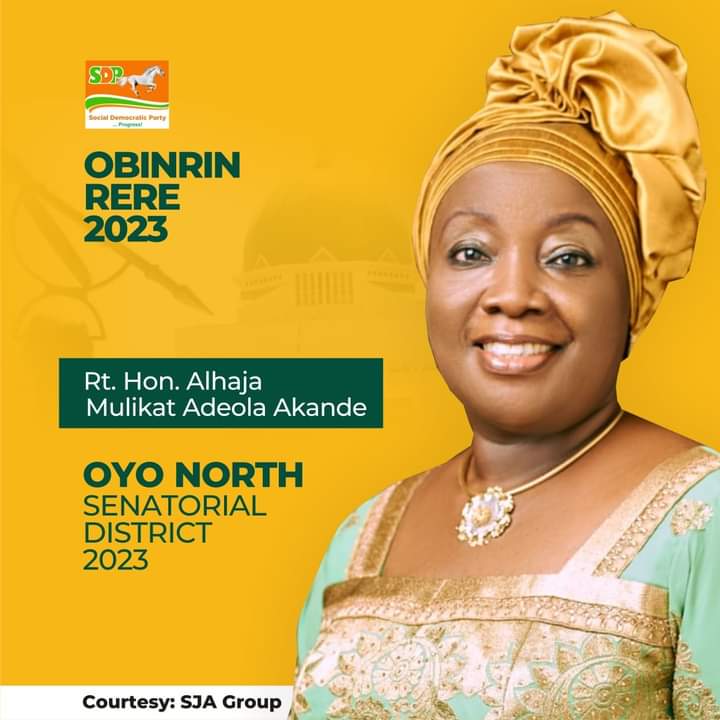
9. She made dishes, bowls, and beakers with graffito decorations glazed in a high-temperature kiln.
Between 1950 and early 1960s, her works were shown to great acclaim in London at the Berkeley Galleries.
10. Ladi Kwali and her works are known in Europe, Britain and America.
Her potteries were displayed during Nigeria’s independence celebration in 1960.
ALSO READ: Iya Gbokan: How Witches Dealt With Me After ‘Koto Orun’
11. Ladi Kwali gave lectures and demonstrations on her craft in Nigeria and beyond and was a part-time lecturer and demonstrator at the Ahmadu Bello University.
Although she could neither read nor write, Ladi was awarded a doctorate degree by the Ahmadu Bello University of Zaria in 1977.
12. She was a Member of the Most Excellent Order of the British Empire (MBE).
She also received the national honour of the Officer of the Order of the Niger (OON) in 1981.
On her return from a trip abroad, she was named “Radio London”, due to her enthusiasm to share her tour experience.
13. Ladi was given Silver Award for Excellence, Tenth International Exhibition of Ceramic Art, Smithsonian Institute, Washington DC.
She was the best known Nigerian potter before her death on 12 August 1984. She died in Minna, Niger State.
13. To honour her, The Abuja Pottery was renamed the Ladi Kwali Pottery and a major street in Abuja is called Ladi Kwali Road.
14. She left a rich legacy of her works, which are icons of modern art in Nigeria, and also a school of “students” at the Abuja Pottery Training Centre.
15. A sculpture of Ladi Kwali is being done by Nigerian sculptor, Ambrose Diala; it is to be erected in front of the Federal Secretariat, Abuja on completion.
Ladi is the only Nigerian woman who has been featured on a currency note – twenty naira note.
Source: Egalitarian Voice Media

